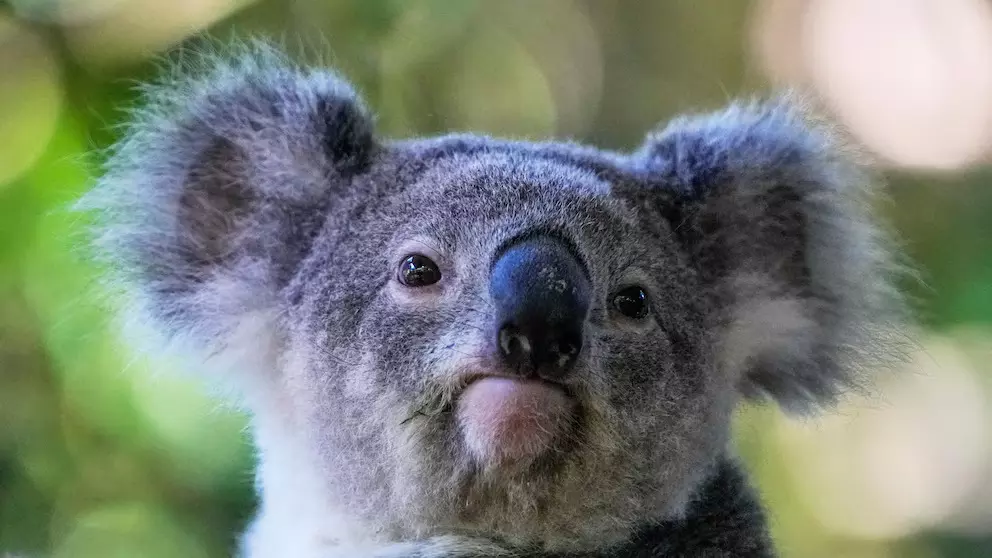
Melbourne: Australia has approved a world-first vaccine to protect koalas from chlamydia infections, a disease causing infertility and death in the endangered marsupials. The single-dose vaccine, developed after more than a decade of research by the University of the Sunshine Coast in Queensland, was found to reduce the likelihood of koalas developing symptoms during breeding age and cut mortality from the disease in wild populations by at least 65%. The recent approval by Australia’s veterinary medicines regulator means the vaccine can now be used in wildlife hospitals, veterinary clinics, and in the field to protect the nation’s most at-risk koalas. Professor Peter Timms, who led the research, said: “We knew a single-dose vaccine — with no need for a booster — was the answer to reducing the rapid, devastating spread of this disease, which accounts for as much as half of koala deaths across wild populations in Australia.” Chlamydia affects up to 70% of some koala populations, particularly in southeast Queensland and New South Wales. The disease causes urinary tract infections, infertility, blindness, and death. Antibiotic treatment is not always viable, as it can prevent koalas from digesting eucalyptus leaves — their sole food source. Conservationists welcomed the vaccine but warned it is not a silver bullet. Deborah Tabart, chair of the Australian Koala Foundation, argued that resources should be focused on habitat protection. “How can anyone be so delusional as to think you can vaccinate 100,000 animals? It’s ridiculous,” she said. The Queensland Conservation Council also stressed the need to tackle habitat loss. Director Dave Copeman said: “Chlamydia is one of the key stresses, but koalas will remain at risk even if we manage it perfectly, because we keep destroying their habitat.” Koalas are listed as endangered in Queensland, New South Wales, and the Australian Capital Territory due to habitat loss from wildfires and urban expansion. Populations have declined steeply in the past two decades, and a 2020 New South Wales government assessment warned they could become extinct by 2050. Federal Environment Minister Murray Watt said the government had supported vaccine development through its AU$76 million “Saving Koalas Fund.” “We know koalas need help to fight diseases like chlamydia, which impacts reproductive health and causes infertility,” he said. Koalas, iconic Australian marsupials alongside kangaroos and wombats, spend most of their lives in eucalyptus trees. Facing multiple threats from disease, habitat destruction, climate change, and road collisions, their survival remains uncertain despite this medical breakthrough.



